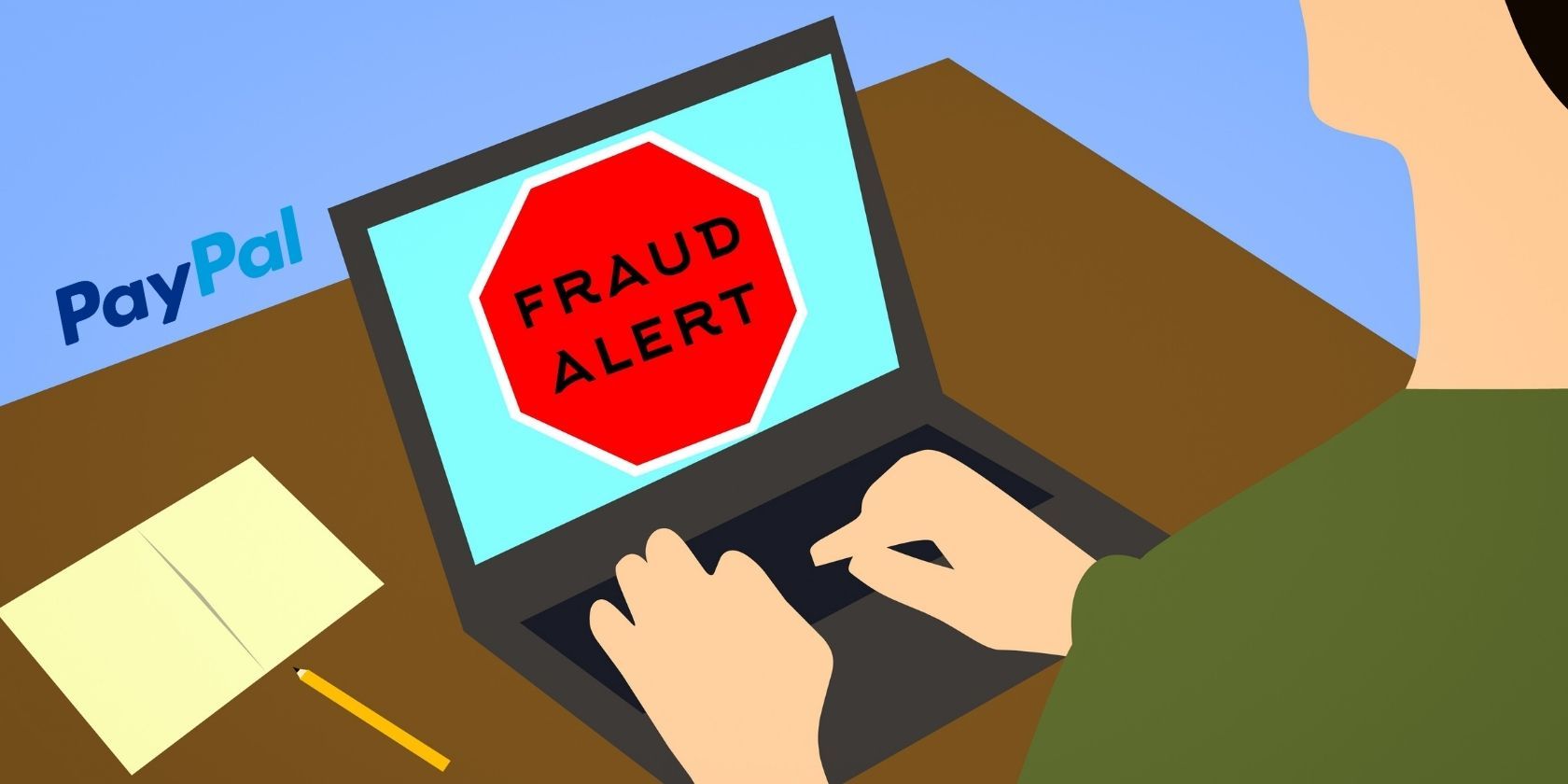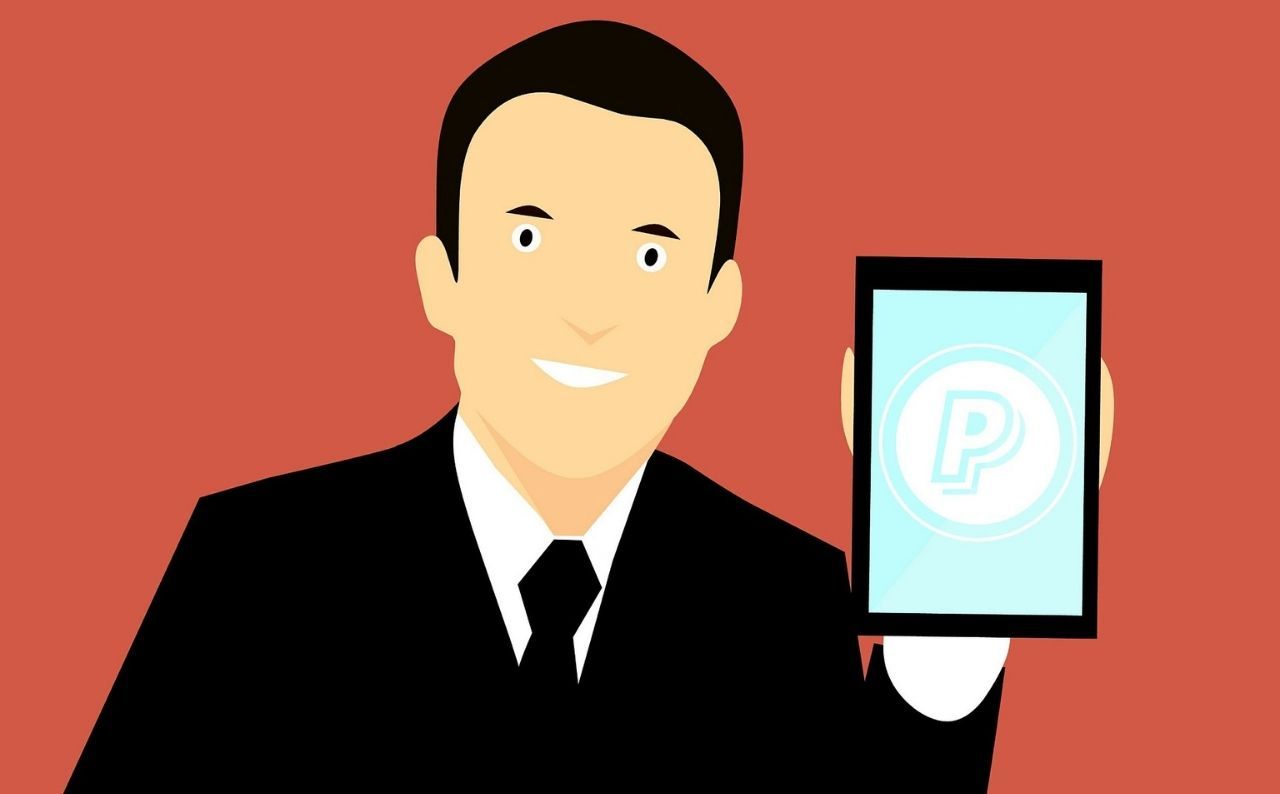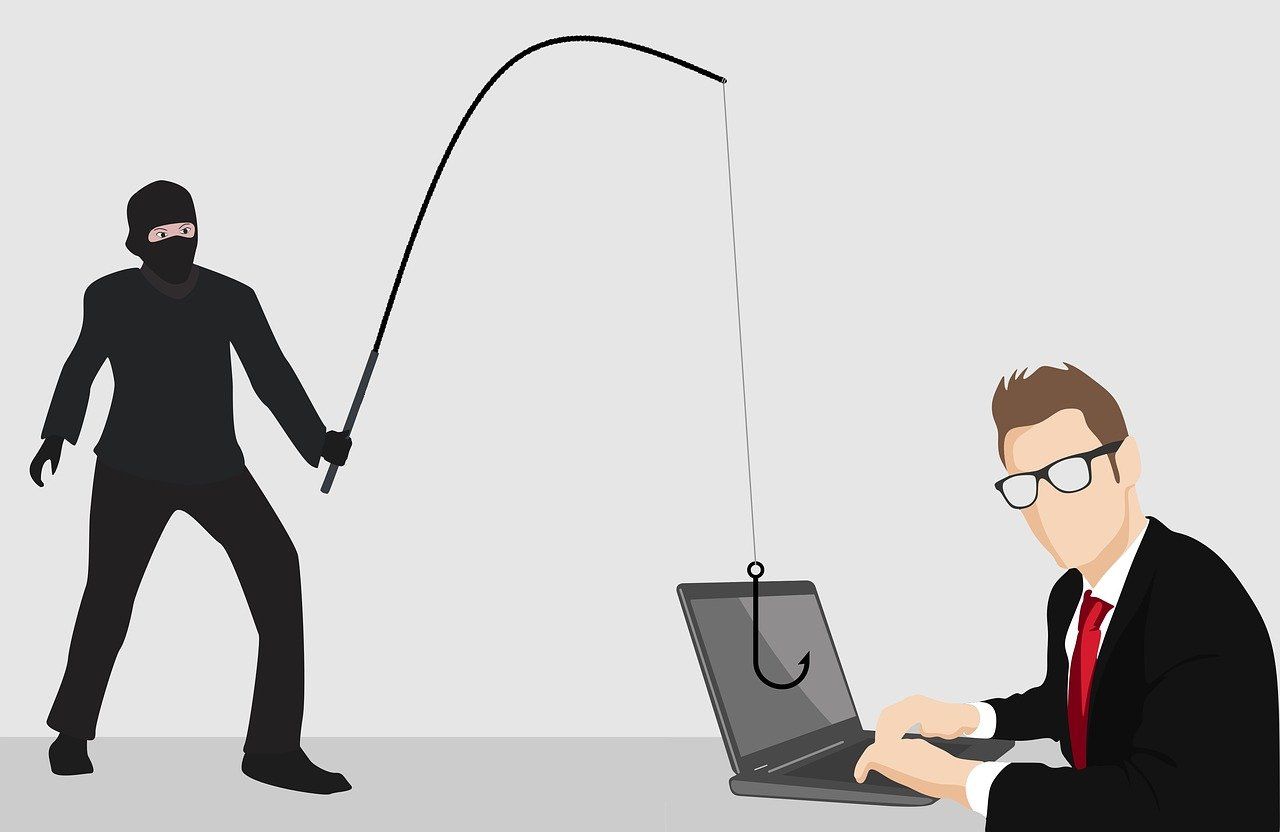PayPal is one of the most preferred payment methods due to its longstanding reputation as a secure way to purchase and sell products and services online. But it's not without its drawbacks.
PayPal exposes individuals and businesses to disputes and chargebacks because of criminal and friendly fraud. So what are the most common PayPal chargeback scams? And what can you do to avoid them?
Common Chargeback PayPal Scams
To avoid falling victim to fraud chargebacks, you should learn to recognize the scams. Here are the seven most common PayPal chargeback scams.
1. Fake PayPal Accounts
Scammers can set up fake PayPal accounts and pretend that it belongs to someone else. These new accounts often resemble the real accounts, with a detailed profile of a person or business.
The common PayPal account scams are fake online shops and charities. In both cases, fraudsters usually attract your attention using flashy advertisements to lure you into supposedly making a purchase or donation via PayPal. But your money will end up in the impostor's pockets.
2. Fake Email Scams
Fraudsters can set up a fake email account that a seller can confuse with PayPal's original one. The scammer may then send emails to merchants telling them money has been deposited into their account and that "PayPal" will hold the funds until the seller sends the shipment tracking number.
In this case, the fraudster hopes the merchant will rush to ship the product and send them the tracking number. Once it's shipped, it's too late; the fraudster will get the item they never paid for.
3. Overpayment Scams
In this scam, a fraudster makes a payment that exceeds the cost of an item. The scammer then asks the merchant to refund the extra amount.
Once the merchant reimburses the amount, the fraudster contacts PayPal and makes a "friendly fraud" chargeback claim. The scammer, for example, may say their account was hacked and that they didn't make the purchase.
PayPal will then refund the full original payment to the scammer, meaning you'll lose both the product and the refunded amount.
4. Fake Gift Scams
Sometimes, sellers accept an item to be paid for as a gift. The seller receives the gift payment and ships the item.
After receiving the item, the buyer could file a chargeback with their card claiming somebody stole it. PayPal then reverses the payment, so the seller loses both the funds and the shipped item.
5. Shipping Address Scams
This happens when a payment has been placed in the seller's PayPal account, but the fraudster asks the seller to ship the package to an invalid address. After multiple failed attempts to deliver the item, the shipping company flags it as "undeliverable". The fraudster then calls the shipping company and provides them with a new, legitimate address.
Once the fraudster receives the shipment, they file a complaint with PayPal, claiming they never received the product. The scammer gets their money back and keeps the product as the seller has no record of shipping to the correct address in their database, leaving the merchant high and dry.
Another way a scammer might attempt to defraud a seller is through the "preferred shipping" technique. In this scenario, the fraudster can ask a seller to send an item to their own shipping address because of a "discount" they might receive.
6. Phishing Scams
Merchants may also receive an email that appears to be from PayPal stating that money has been transferred into their account and is pending confirmation. The email will usually include a clickable link or button asking for verification.
Clicking the link takes you to a copycat PayPal page that asks for your login credentials. Once you enter the login details, the scammer will gain access to your PayPal account and can withdraw money or pay for goods or services. It's worse if you use the same login details for other services too.
If the scammer decides to make purchases with the hacked PayPal account, the seller might later be told by PayPal that the purchase was fraudulent and that the transaction should be reversed. To prevent scammers from breaking in, you need to find ways to protect your PayPal account.
7. Affiliate Scams
Many e-commerce sellers use affiliate marketing to boost sales and increase revenue. Scammers, however, can game this system and charge you for campaigns you never requested or flood you with fake purchases from bad affiliates. In this case, you'd pay out commissions for unearned sales and incur chargeback costs.
How to Avoid PayPal Chargeback Scams
While it's impossible to prevent PayPal scams entirely, you can take some steps to protect yourself from fraudulent claims:
- Check the shipping address is correct before sending an item. Also, avoid using the customer's shipping address when mailing orders. Only send items to addresses listed in the transaction details and flag any attempts to alter your shipping process for possible fraud.
- Don't accept direct payments using PayPal. Instead, ask customers to use the checkout system.
- When you seemingly receive an email from PayPal, always check the actual address the email was sent from, not just the display name.
- Don't click on the links or download attachments in an email that looks suspicious. If you're not sure about a URL, try a link-checker tool.
- Never send money to people you don't know, do some research before donating to any charities, and never shop on a suspicious site.
- Sign up for PayPal's Seller Protection Program to protect your transactions from reversals and chargebacks.
- Block problematic customers who frequently make fraud claims or file disputes to minimize the possibility of the scammer targeting you several times.
- Make sure your affiliates send you regular progress reports and don't pay for services never provided.
Is PayPal Safe?
PayPal makes it easier for card-not-present sellers to reach a wider customer base. Typically, it's safe to use. However, like any other payment processor, PayPal is susceptible to fraudulent activities. Scammers are increasingly using it to make fraudulent chargebacks and claims.
PayPal chargebacks can happen to any e-commerce seller using PayPal and can cost time and money. Luckily, you can still protect yourself from fraudulent claims and, sometimes, recover stolen funds.




